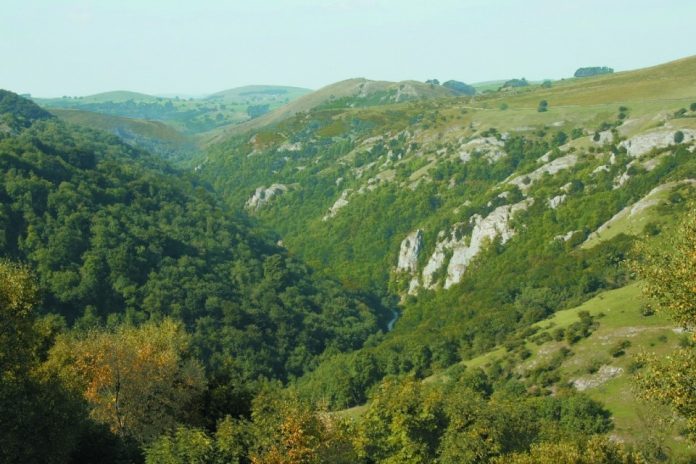Natural England’s Chair, Tony Juniper, today (2 February) welcomes the publication of the Dasgupta Review, hailing it a significant milestone in recognising the irreplaceable and vital roles played by healthy natural systems in supporting our economy and society.
Led up by Professor Sir Partha Dasgupta, the Review presents the first comprehensive economic framework of its kind for biodiversity. It calls for urgent and transformative change in how we think, act and measure economic success to protect and enhance the natural world as an essential prerequisite for sustaining our present and future prosperity.
The Review makes it clear that our economy is a wholly owned subsidiary of the natural world and that degrading nature increasingly exposes the world to a host of risks. It points out how increased risk of pandemic is one threat that comes in the wake of the unsustainable relationship we have with our environment.
Welcoming the Review, Natural England Chair, Tony Juniper, said:
For too long it has been widely assumed that the degradation of the environment was a necessary price of progress. This Review reveals, however, that the opposite is in fact the case, and how a healthy natural world is essential for sustaining the health of our economy and society.
The clear upshot is that we now need to ensure collective and sustained action to ensure the natural world on which we depend is not only protected, but also restored at transformational scale. This will require a step change in investment, both public and private, in the recovery of Nature.
The restoration of the natural world will bring a range of valuable dividends, making this one of the wisest investments we can make, with rich returns seen in, for example, improved public health and wellbeing, catching carbon from the air, helping us adapt to the changing climate, ensuring supplies of clean water, boosting tourism and protecting our future food security.
The Review affirms the fact that biodiversity is declining faster than at any time in human history. Current extinction rates, for example, are around 100 to 1,000 times higher than the baseline rate, and they are increasing. Such declines are undermining Nature’s productivity, resilience and adaptability, and are in turn fuelling extreme risk and uncertainty for our economies and well-being.
Dasgupta’s analysis highlights the need to engage society in nature for the sake of wellbeing and health, but also as a means to invest in future action. Evidence from Natural England supports this, showing that almost half the population say that they are spending more time outside than before the pandemic and the overwhelming majority consider nature is important to them, their health and their happiness.
Tony Juniper added:
Here in England we have a golden opportunity to make the shift we need to see, through the government’s 25 Year Environment Plan and backed by the Environment Bill and other legislation and policies, especially in farming, all of which will help to deliver our landmark Nature Recovery Network.
The Nature Recovery Network Delivery Partnership, led by Natural England, will bring together representatives from over 600 organisations to drive forward the restoration of our protected sites and landscapes and help provide at least 500,000 hectares of additional new wildlife-rich habitat across England. It is the biggest initiative to restore nature ever to be launched in England.
Today’s publication comes ahead of COP15 for Biological Diversity, where new long-term international targets for addressing biodiversity loss are expected to be agreed; and COP26 for climate change, where nature and nature-based solutions to climate change are expected to play a prominent role.







